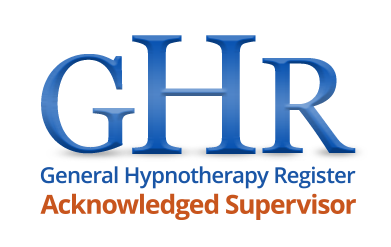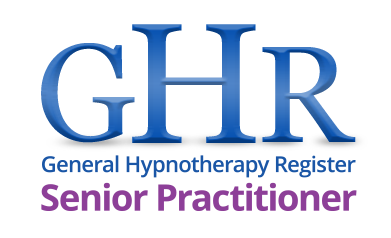Adverse Childhood Experiences
The term Adverse Childhood Experiences (ACEs) describes stressful, abusive or traumatic experiences that children can be exposed to whilst growing up. ACEs range from experiences that directly harm a child (such as suffering physical, verbal or sexual abuse, and physical or emotional neglect) to those that affect the environment in which a child grows up (including parental separation, domestic violence, mental illness, alcohol abuse, drug use or incarceration).
Adverse childhood experiences can have lasting, negative effects on health and well-being. A growing body of research demonstrates the prevalence of adverse childhood experiences and their connection with negative behavioural and health outcomes, such as obesity, alcoholism, and depression, later in life.
In the ACEs questionnnaire, there are ten questions focused on experiences under the age of 18.
While you were growing up, during your first 18 years of life:
- Did a parent or other adult in the household often ...
Swear at you, insult you, put you down, or humiliate you? or
Act in a way that made you afraid that you might be physically hurt?
- Did a parent or other adult in the household often ...
Push, grab, slap, or throw something at you? or
Ever hit you so hard that you had marks or were injured? - Did an adult or person at least 5 years older than you ever...
Touch or fondle you or have you touch their body in a sexual way? or
Try to or actually have oral, anal, or vaginal sex with you?
- Did you often feel that ...
No one in your family loved you or thought you were important or special? or
Your family didn’t look out for each other, feel close to each other, or support each other?
- Did you often feel that ...
You didn’t have enough to eat, had to wear dirty clothes, and had no one to protect you? or
Your parents were too drunk or high to take care of you or take you to the doctor if you needed it? - Were your parents ever separated or divorced?
- Was your mother or stepmother:
Often pushed, grabbed, slapped, or had something thrown at her? or
Sometimes or often kicked, bitten, hit with a fist, or hit with something hard? or
Ever repeatedly hit over at least a few minutes or threatened with a gun or knife? - Did you live with anyone who was a problem drinker or alcoholic or who used street drugs?
- Was a household member depressed or mentally ill or did a household member attempt suicide?
- Did a household member go to prison?
Links to ACEs Information
https://acestoohigh.com/resources/
Working with The Child in The Adult
Psychotherapist, Dr Moira Walker writes,
‘Whenever we work with an adult who has been abused as a child, we also work with the frightened and hurt child they once were, and who is still hiding within.
As Alice Miller says (1991:189): 'The goal of therapy is to allow the silenced child in us to speak and feel. Gradually the banishment of our knowledge is revoked, and in the course of this process, as the erstwhile torments and the still-existent prisons become evident, we also discover our history, our self and our buried capacity for love.'
The child can manifest themselves in many ways, but when they make an appearance they need to be noticed, listened to and treated with the greatest care and respect. (Surviving Secrets, p.165)
Walker, M., (1992) ‘Surviving Secrets’ (Open University Press)
If you answer yes to any of the ACEs questions, and would like to know more about how I can help you, contact me for an initial, free phone call to discuss your needs .
Attachment/Trauma-Focused Therapy to Resolve "ACEs"
If you struggle with chronic anxiety, depressive episodes, relationship difficulties or problems at work, or don’t feel fully alive, this may be connected to your experiences growing up. Adverse childhood experiences may have impacted your sense of safety and capacity to form close emotional relationships in adulthood.
Therapy that is focused on addressing your early experiences of relationships can help you to overcome the impact and consequences of acute or chronic relational trauma and attachment deficits. The deficits that can be addressed in therapy include the effects of childhood physical or sexual abuse, neglect, early losses, birth trauma, medical trauma, parental drug or alcohol abuse, caregiver misattunement, secondary trauma, and the cumulative effects of all of these. If you would like to know more about how I can help you, contact me for an initial, free phone call to discuss your needs.




